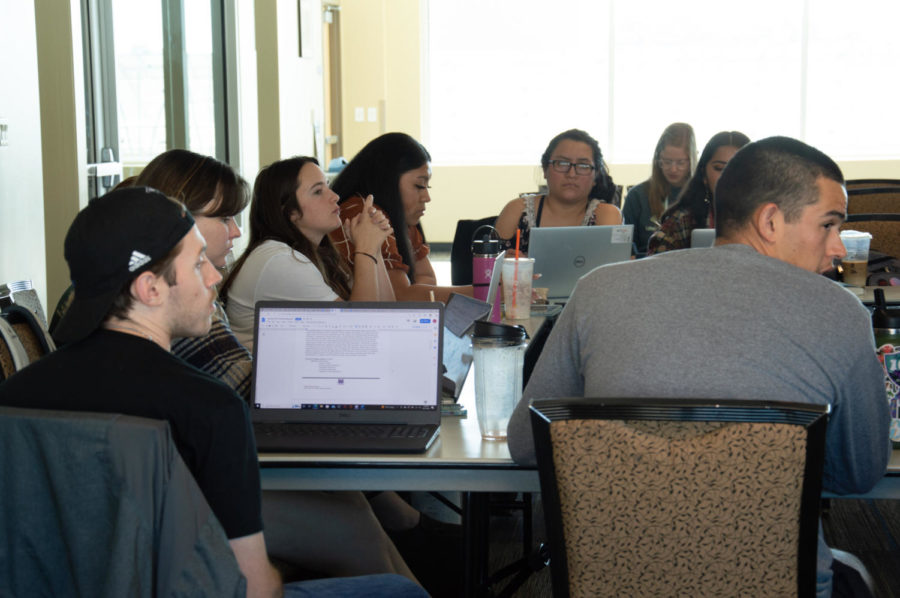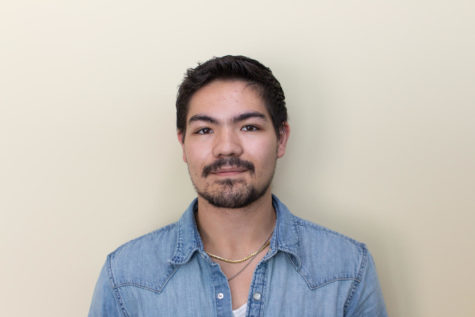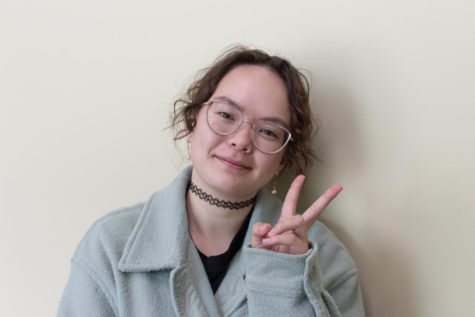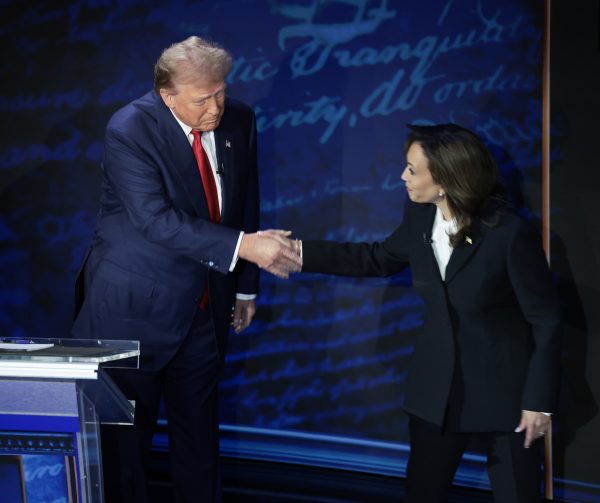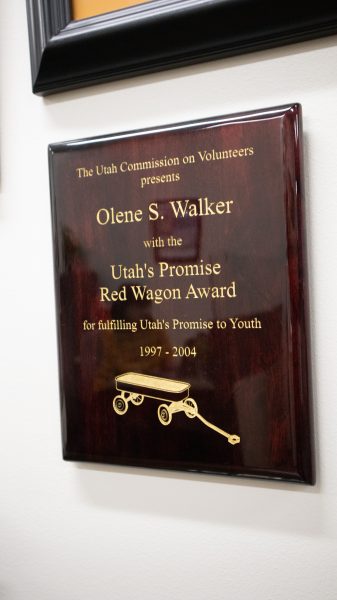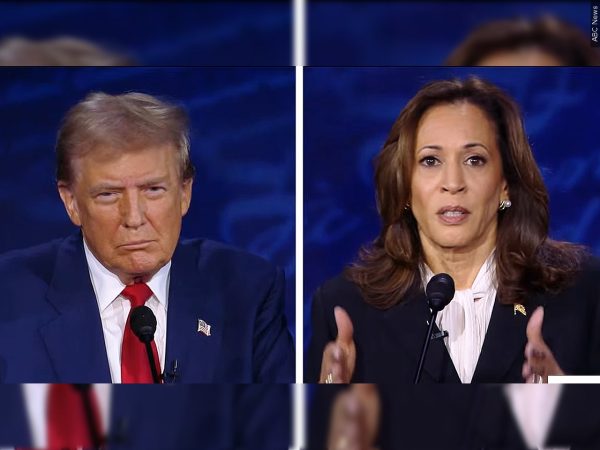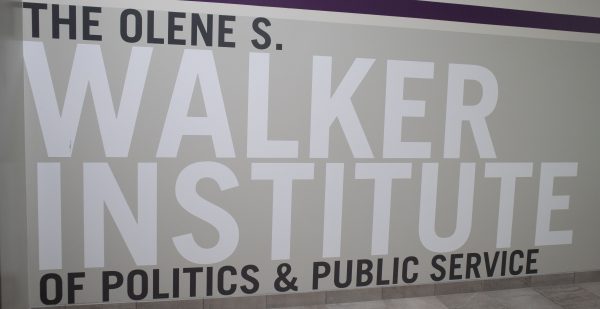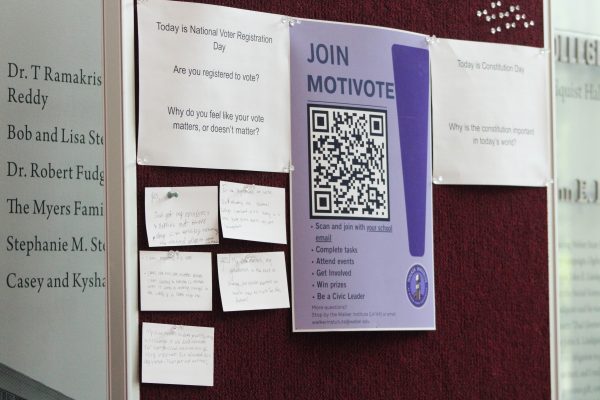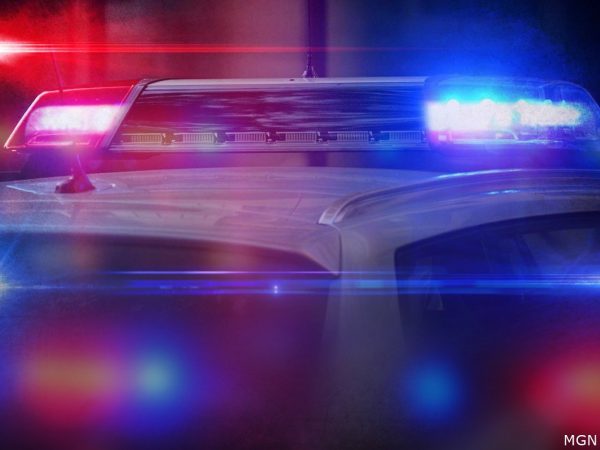Senate sit-down 10/17
At the student senate meeting on Oct. 17, student senator of Housing and Residence Life Isaac Staszkow introduced a funding procedure bill that aims to streamline the funding request process and help the student senate avoid some of the problems surrounding funding requests they’ve encountered in the past.
The bill stipulates that senators and constituents must request funding from other on-campus institutions before bidding for funding directly from the student senate. The bill outlines how those seeking funding will be required to first ask their college or department and request funding from all applicable WSUSA branches, if applicable.
Staszkow made it clear that both those prerequisites only apply to funding requests where going to a department or college within WSU or another branch of WSUSA would make sense.
Staszkow justified the proposed bill by explaining how the student senate has a much smaller budget than other branches of WSUSA, with the student senate’s budget this year topping out at just over $15,000.
The student senate then moved on to its voting business for the day, which included funding requests from WSU’s future healthcare professionals (HOSA) chapter, the Model U.N. club and The Ohana Association.
First to be discussed was WSU HOSA’s funding request. The funding request was presented by Emily Hiatt, the college of science student senator, during the senate meeting on Oct. 3. The funding request is meant to help cover the costs of sending WSU HOSA members to Dallas for 2023’s HOSA International Leadership Conference (ILC).
A representative from HOSA attended the meeting to announce that HOSA is actively in the process of obtaining funding from other avenues other than the student senate, announcing that, among the donations, is a $2,000 contribution from the college of science.
Because HOSA is still in the process of asking for money from other potential donors, the student senate moved to table the funding request indefinitely, meaning that they will review the funding request again at a later date.
The next issue to be voted on was TOA’s funding request for $2,150, which is meant to help pay for catering for the upcoming Pacific Islander college prep night.
Lulu Famui-Latu-Peters explained to the student senate that TOA is only coming to the student senate for funding because they plan on asking WSUSA’s diversity and unity branch for funding to help them later in the year with the graduation ceremonies that the Center of Multicultural Excellence holds for their affinity groups.
The student senators voted to pass TOA’s funding request of $2,150 for their Pacific Islander college prep night, acknowledging how the event functions as an important recruitment for WSU.
The last item to be voted on was the WSU’s Model U.N. club’s funding request for $4,000, which would help send six students and one professor to Japan to represent WSU at an international Model U.N. conference. Kayden Houser, senator of athletics and club sports, explained that a portion of the requested funding will also go toward helping fund sending students to Washington, D.C. for a separate conference.
However, after voicing concern over how the opportunity will benefit a select, small number of students, Jazmyne Olson, LGBTQ senator, made a motion to amend the amount requested in the funding request to $1,000. This amendment passed.
“Sometimes, groups have to make concessions — I know from being on the debate team,” Olson said. “It’s a really great opportunity, but it’s a great opportunity for those specific students.”
Jessica Dye, the veteran student senator, made an effort to draw attention to the Model U.N. club’s extensive efforts in raising their own money outside of their funding request with the student senate. Dye proposed that the funding request be amended to $3,000, which the student senate agreed to.
However, after further discussion, the Model U.N. club’s funding request was amended once more to $2,500. After the funding request’s final amendment, the final vote took place, passing the funding request made by the Model U.N. club for the final amount of $2,500.


